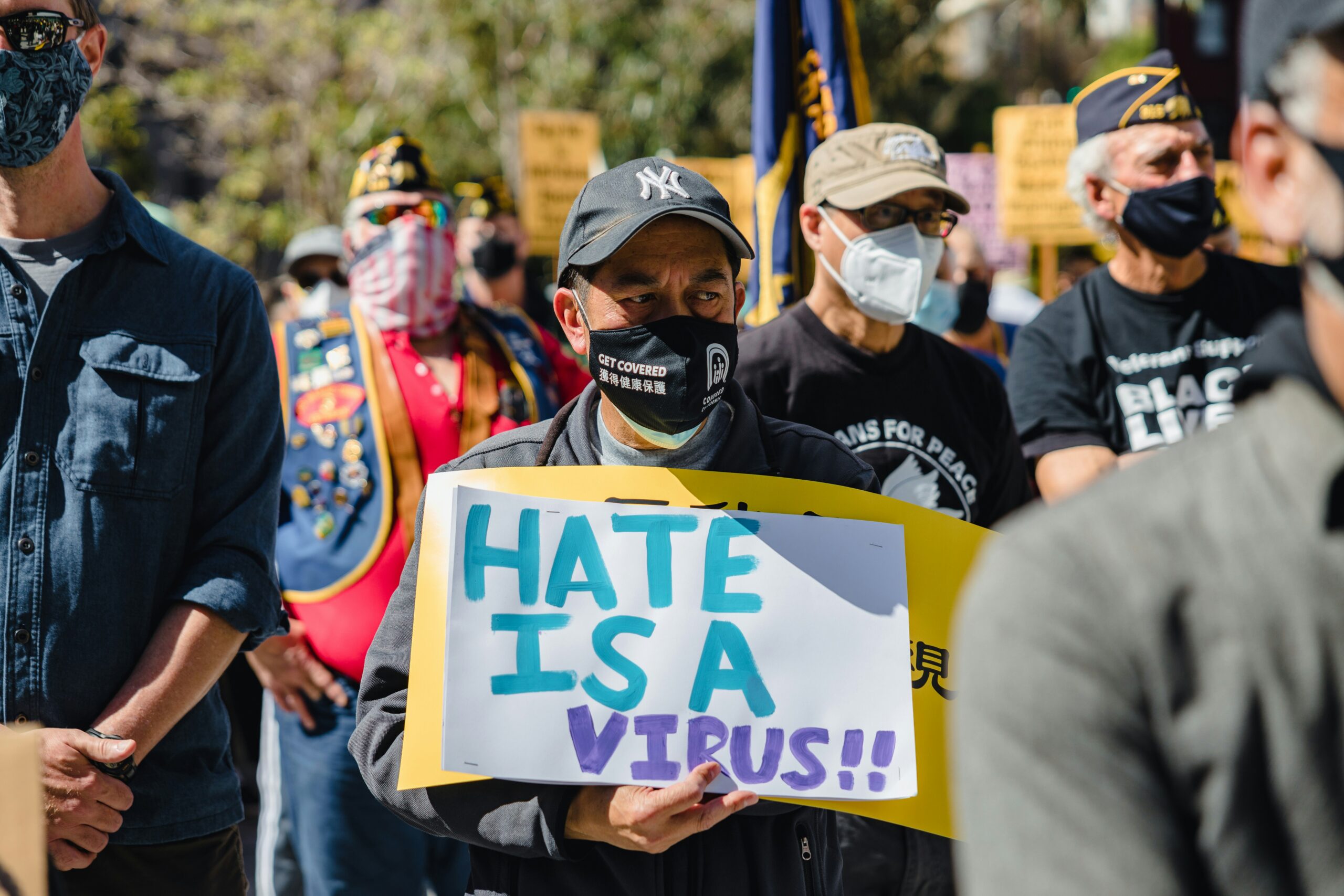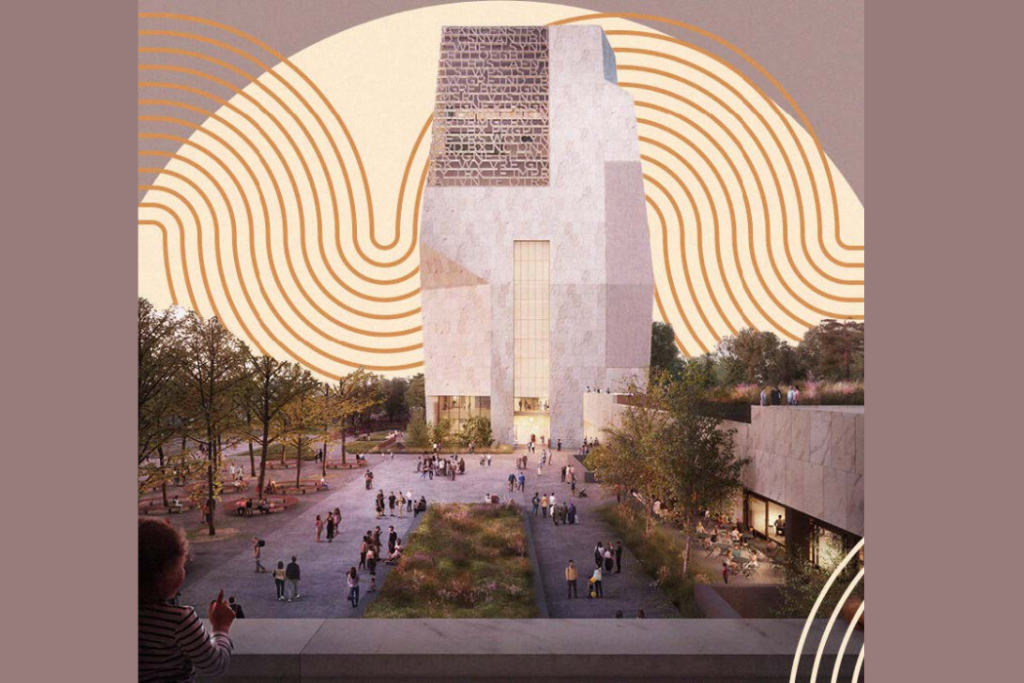
The Asian American Foundation (TAAF) fourth annual STAATUS Index (Social Tracking of Asian Americans in the U.S.), a national study of Americans’ perceptions of Asian American, Native Hawaiian, and Pacific Islander (AANHPI) communities revealed that Americans have stereotypical opinions and perceptions about AANHPI communities across five key categories—hate, national security, visibility and awareness, belonging, and building bridges/cross-racial solidarity.
Key findings include:
- Only one-third of Americans think hate towards Asian Americans has increased, but 61 percent of Asian Americans feel that hate towards them has increased in the last 12 months. 43 percent of Americans show no familiarity with recent attacks on Asian Americans.
- Over the past 12 months: 32 percent of Asian Americans say they were called a slur, and 29 percent said they were verbally harassed or verbally abused.
- 41 percent of Asian Americans think they are likely to be the victim of a physical attack in the next 5 years because of their race, ethnicity, or religion.
- 59 percent of Asian Americans think it is at least somewhat likely that they will be a victim of discrimination in the next 5 years.
- Because of discrimination and lack of representation, only 38 percent of Asian Americans completely agree they belong, and even fewer (18 percent) feel they are fully accepted in the U.S. for their racial identity.
- Asian Americans are the least likely group to feel strongly that they belong in the U.S. compared to 44 percent of Black Americans, 51 percent of Hispanic Americans, and 70 percent of white Americans.
- For Asian Americans who feel they aren’t fully accepted or don’t fully belong in the U.S., online spaces/social media (34 percent) feel the least welcoming.
- Asian Americans also said they feel like they belong least at their workplaces, neighborhoods, and schools/colleges/universities (all 31 percent)
- For Asian Americans who don’t feel they belong or are accepted, 6 out of 10 (60 percent) pointed to previous experiences of discrimination and/or violence, and 37 percent said they don’t see people like them in positions of power.
- We need to break the “STAATUS quo” and ensure AANHPI stories are being told beyond heritage month.
- For the fourth year in a row many Americans still can’t name a famous Asian American. This year, 52 percent of people could not think of a single famous Asian American. When people were named, Jackie Chan (9 percent – who is not American), Bruce Lee (5 percent – who died over 50 years ago), and Kamala Harris (2 percent) were the most common responses this year.
- More than half (55 percent) of Americans are unable to name a single historical event or policy related to Asian Americans.
“Our 2024 data shows a disturbing trend that The Asian American Foundation has been tracking,” says Norman Chen, CEO, TAAF. “A large percentage of Americans show no familiarity with recent attacks on Asian Americans, while fear for safety continues to be a reality for too many members of our community. The persisting and escalating hate and mistrust directed at Asian Americans, combined with a lack of representation and visibility, are creating an environment in which many feel excluded, unseen, and unsafe.”
Notably, the findings underscore what TAAF and its partners have expressed for years – visibility and representation aren’t just buzzwords, but actually vital to the safety and belonging of the AANHPI community. Asian Americans are the fastest growing racial or ethnic group in the United States and Native Hawaiians and Pacific Islanders are the third-fastest-growing. It is therefore more critical than ever to combat misconceptions towards the AANHPI community through representation, connection, and education.
Americans surveyed believe that racism towards Asian Americans will decrease by teaching the history of Asian Americans in K-12 schools and colleges (41 percent), increasing visibility of Asian Americans in American society (41 percent), and providing more opportunities to interact with Asian Americans (39 percent). “When Americans learn our history and see us on their TV screens and at the highest ranks of corporate America, that influences and shifts their perceptions, which can combat hate, build bridges, and ultimately create a sense of belonging for AANHPI communities,” Chen says.












